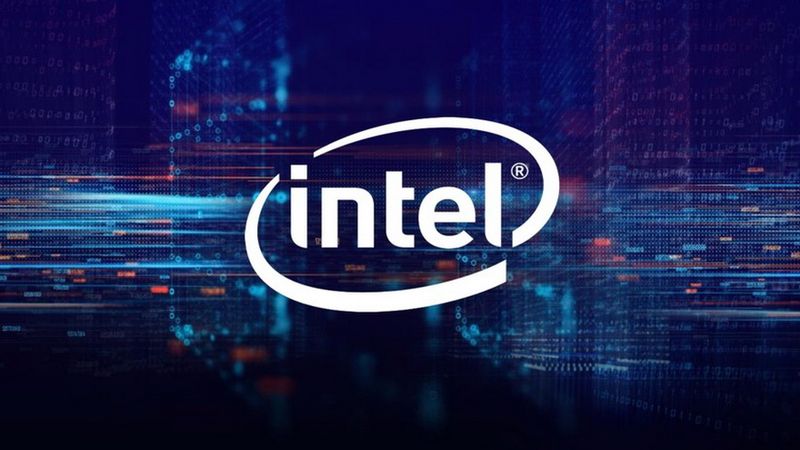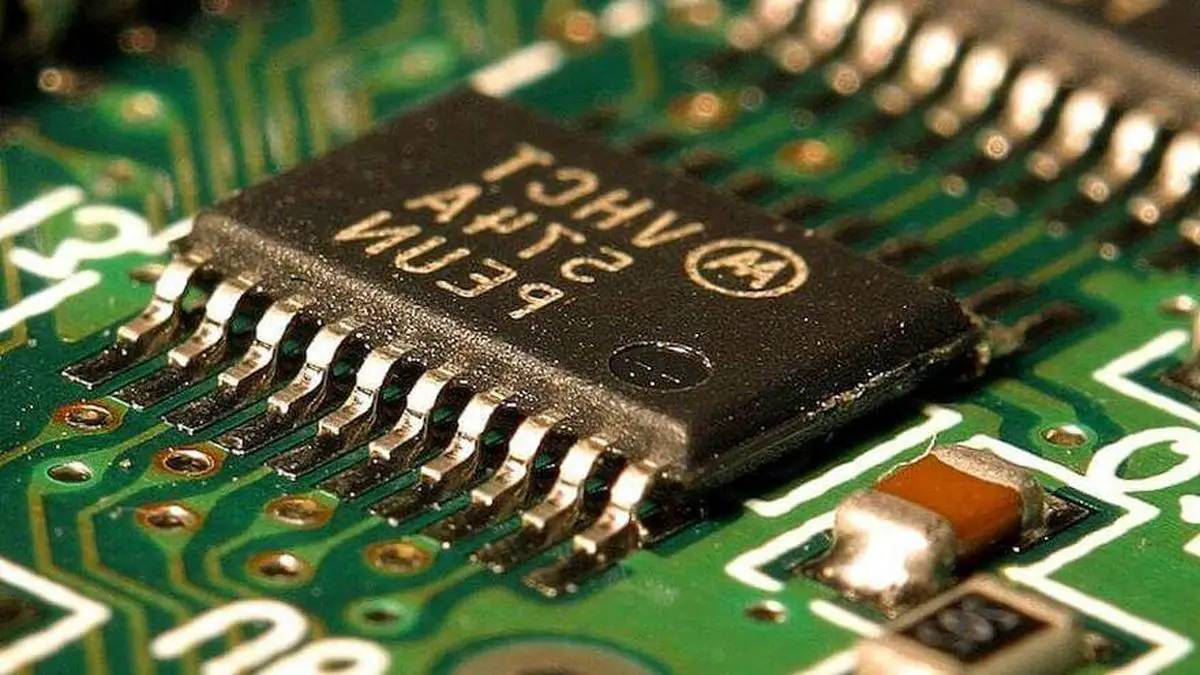Intel is looking to enter the market to alleviate supply shortages and dethrone Asian manufacturers. The news about the global shortage of chips, which is causing delays in manufacturing, fell like a bucket of cold water on the main manufacturers of electronics in the world, at a time when the demand for this type of device is very high.
In a context where the global shortage has even left several vehicle factories idle, Intel Corp confirmed that it is in talks with companies designing chips for automobiles to start the production of semiconductors, which could be ready between six and nine months from the start of production.
During a meeting with White House officials, Intel CEO Pat Gelsinger explained that Intel will open its manufacturing network to these companies to provide immediate help in the face of the shortages that disrupted Ford and General Motors assembly lines and begin planning a supply chain.
“We’re hoping that some of these things can be alleviated, not requiring a factory build in three or four years, but maybe six months of newly certified products in some of our existing processes. We’ve already started those engagements with some of the key component suppliers,” Gelsinger told Reuters.
Last week, General Motors announced the cutback of its production in plants distributed in North America due to the lack of semiconductors. As a consequence, the software specialist forecast that the lack of processors would reduce its 2021 operating profit by between u$s1.5 billion and u$s2 billion, according to the information disclosed in its February financial report.

Although the executive did not name the component suppliers, he did mention that the work could be carried out in Intel’s factories located in Oregon, Arizona, New Mexico, Israel, or Ireland.
The White House meeting was also attended by heads of technology firms such as Alphabet, AT&T, Dell, Samsung, and General Motors itself, all of which were affected by the drop in the supply of semiconductors, a key component in strategic supply chains for the U.S. government.
Intel is one of the last companies in the semiconductor industry with in-house chip manufacturing. Last month the company confirmed its decision to make its fabs available to external customers for the production of associated components.
Intel’s decision to enter this industry is aimed at countering the dominance of Asian chipmakers such as Taiwan Semiconductor Manufacturing and Samsung Electronics.
Thus, Gelsinger also announced plans to invest up to 20 billion dollars to build factories in two new factories in Arizona, as well as other locations in the United States and Europe.





